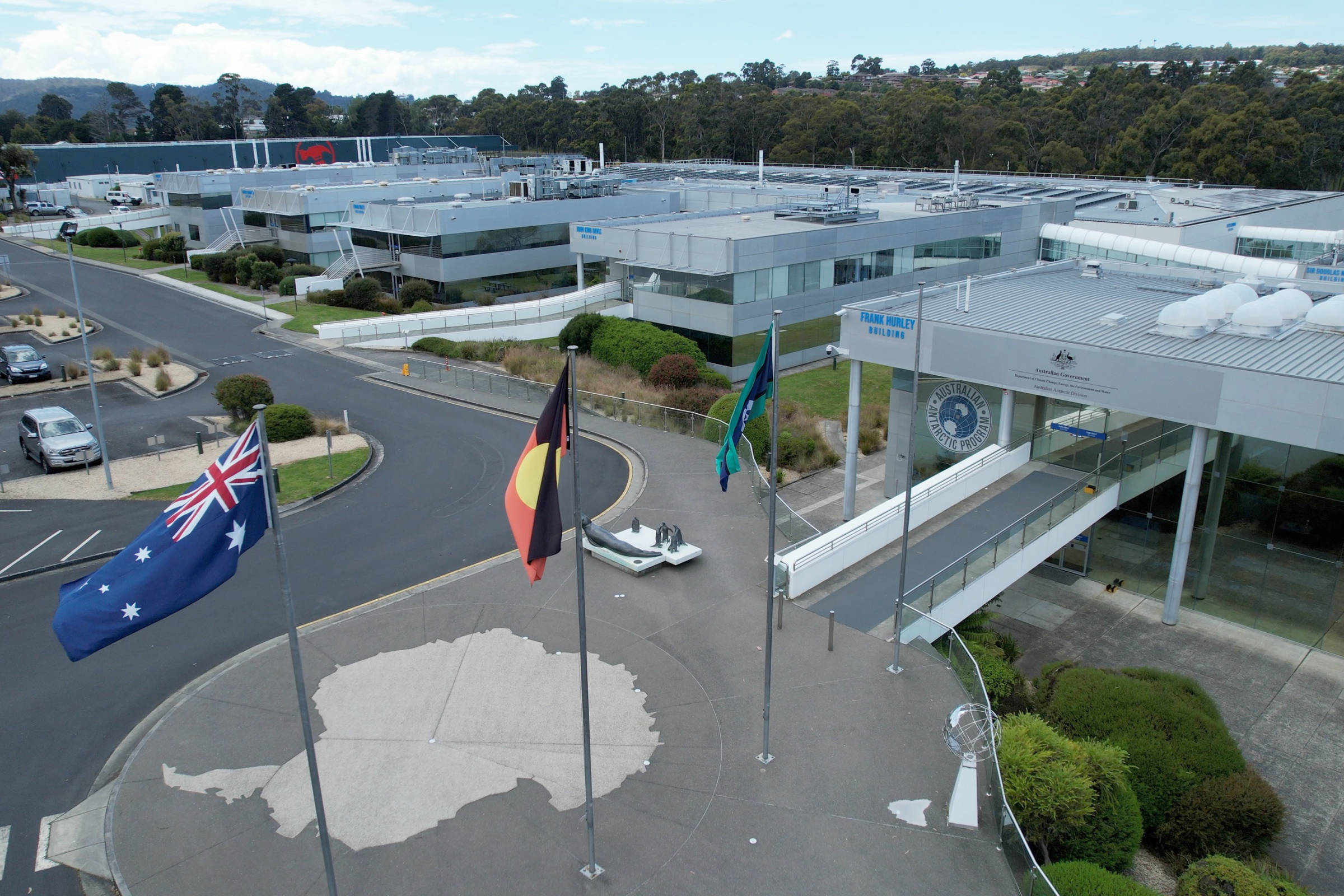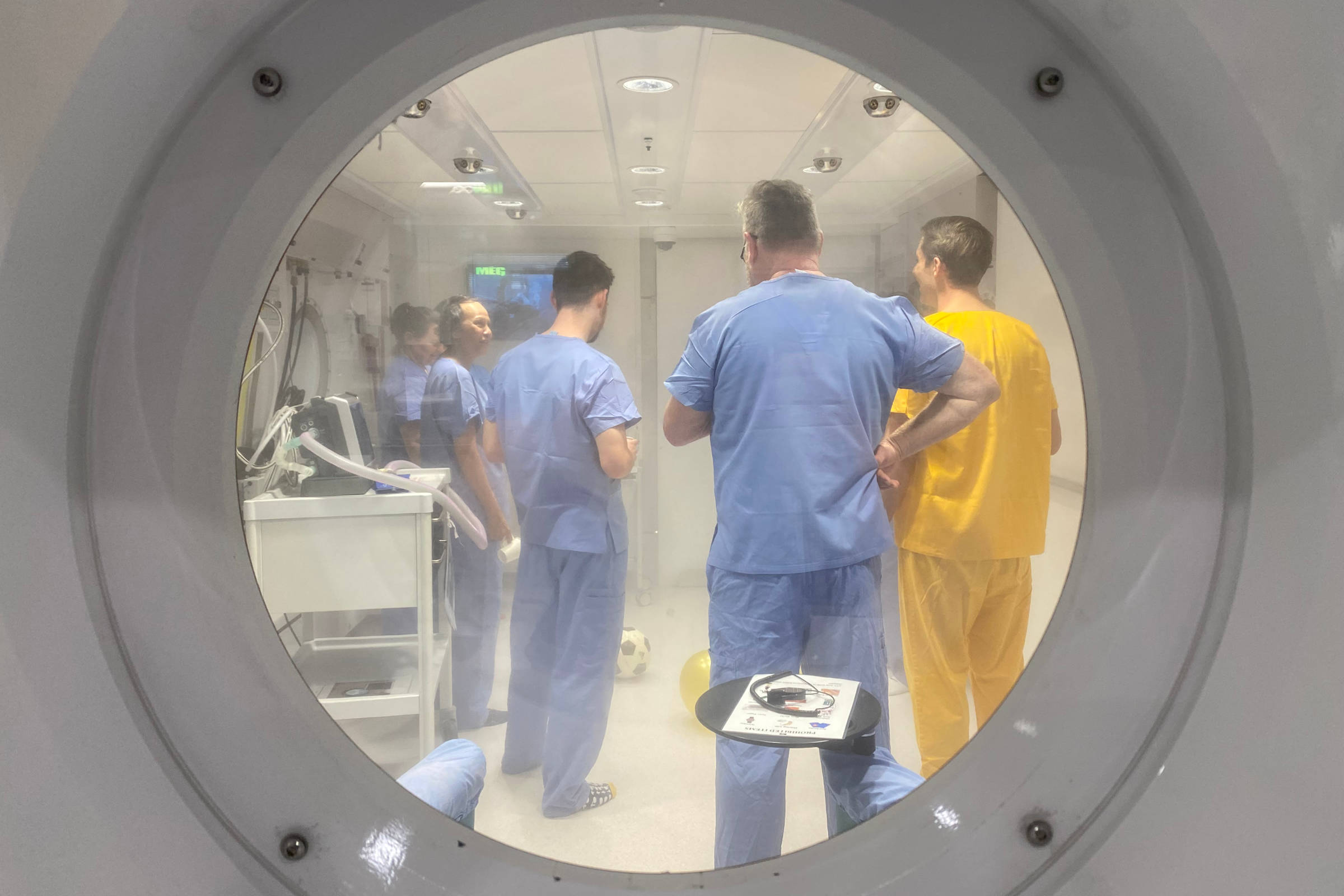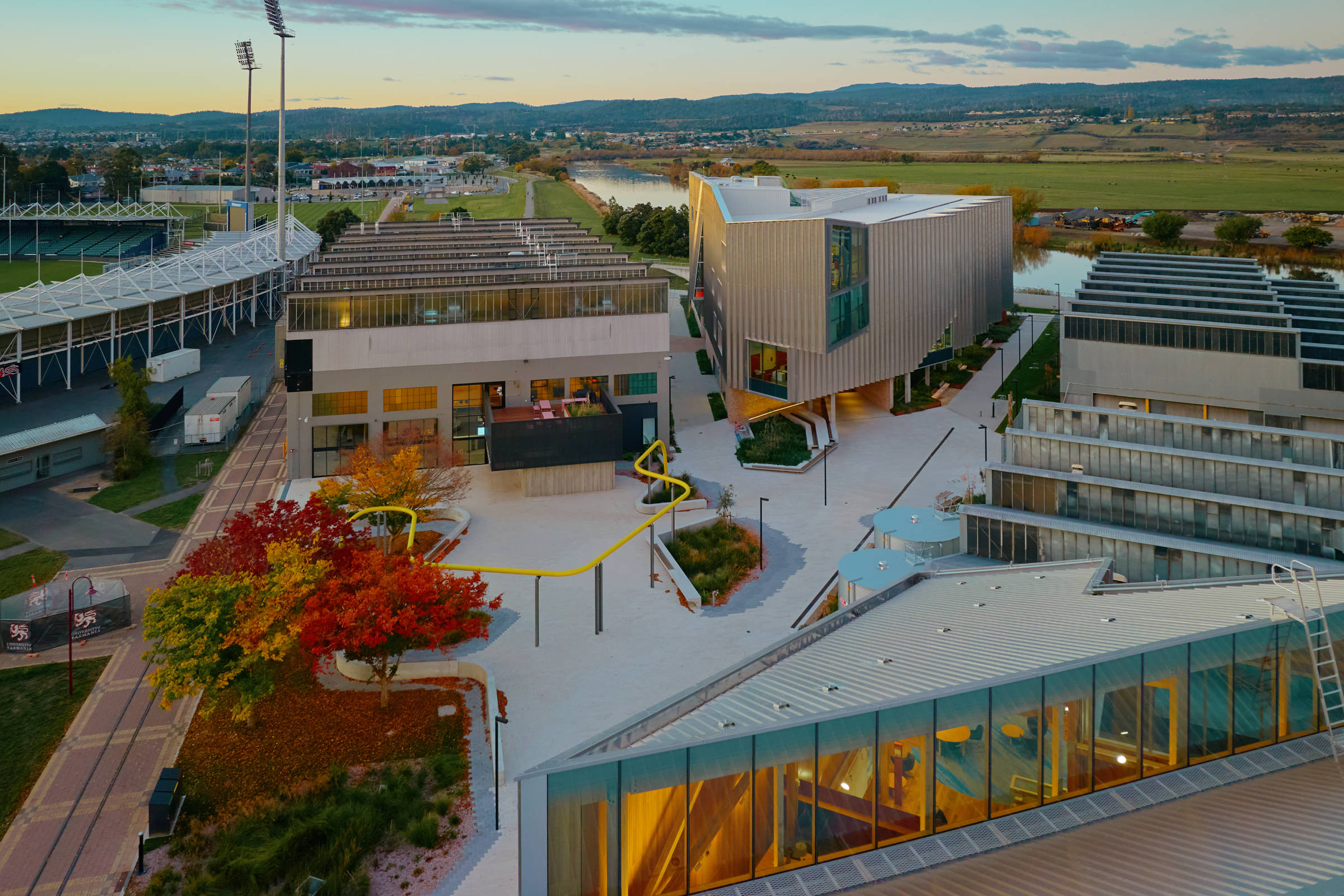Australian Antarctic Division

The Australian Antarctic Division has been undertaking research across a breadth of human biology and medicine since 1947. Some key studies include the development and testing of remote ultrasound imaging protocols to assess if novice ultrasound users can generate clinically useful images, the use of 3D optical scanning technology to assess changes in body morphology, wearable biosensor testing in the Antarctic deep field and assessment of changes in cognition and mood over an Antarctic winter, and exploring psychological adaptation and reintegration before, during and after Antarctic deployment.
Australian Antarctic research stations are acknowledged as a high-fidelity space analogue, and the AAD has collaborated with NASA since 1993 in operational and research activities. The AAD and the Translational Research Institute of Space Health (TRISH) of the Baylor College of Medicine (Houston TX) commenced a research collaboration in November 2023 using Australian Antarctic program as a space analogue. The research supports and informs the success of long-duration missions in Antarctica and exploratory missions in space, and has learnings that can translate to healthcare in remote regions on Earth.


